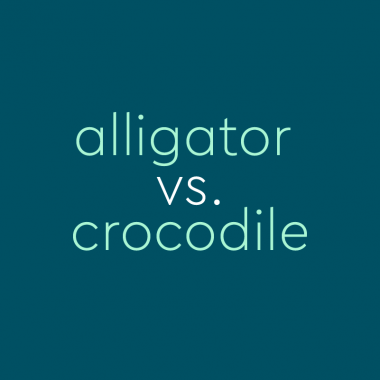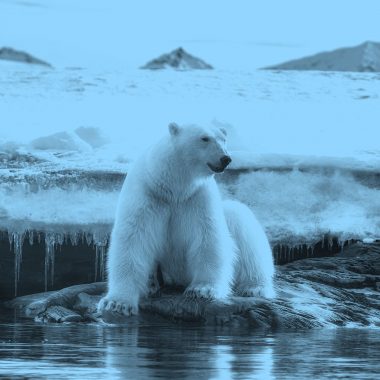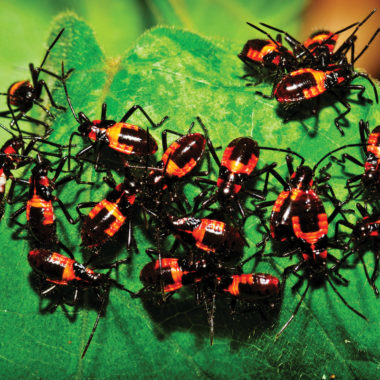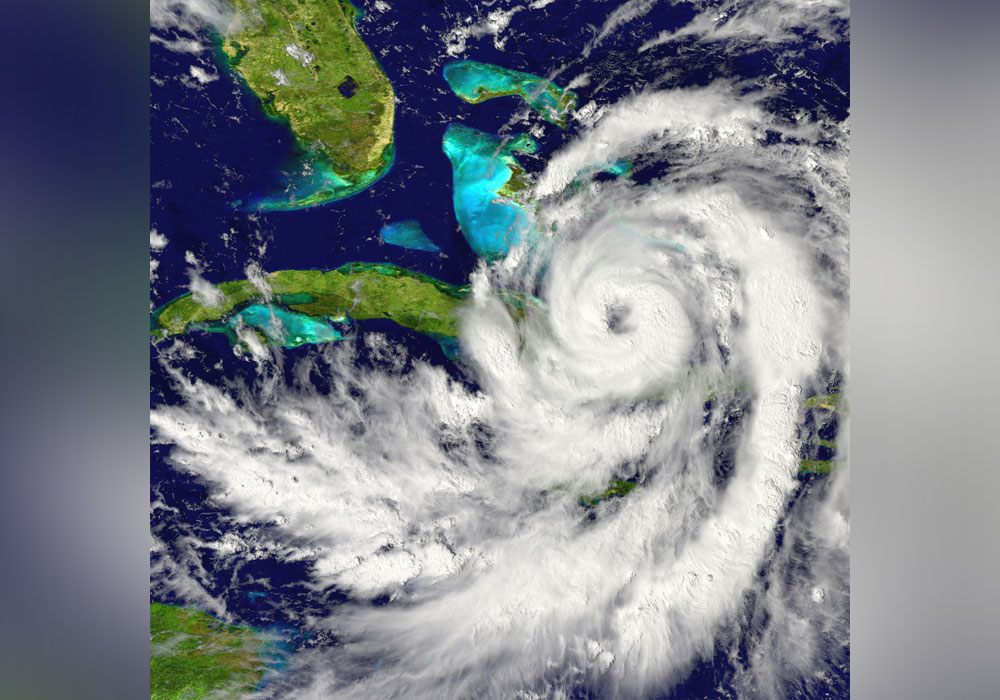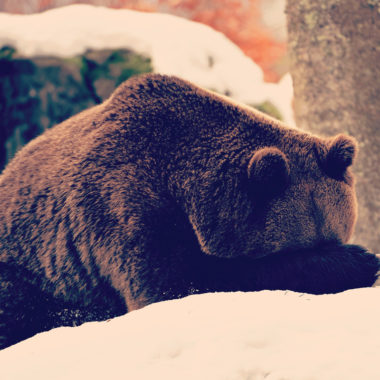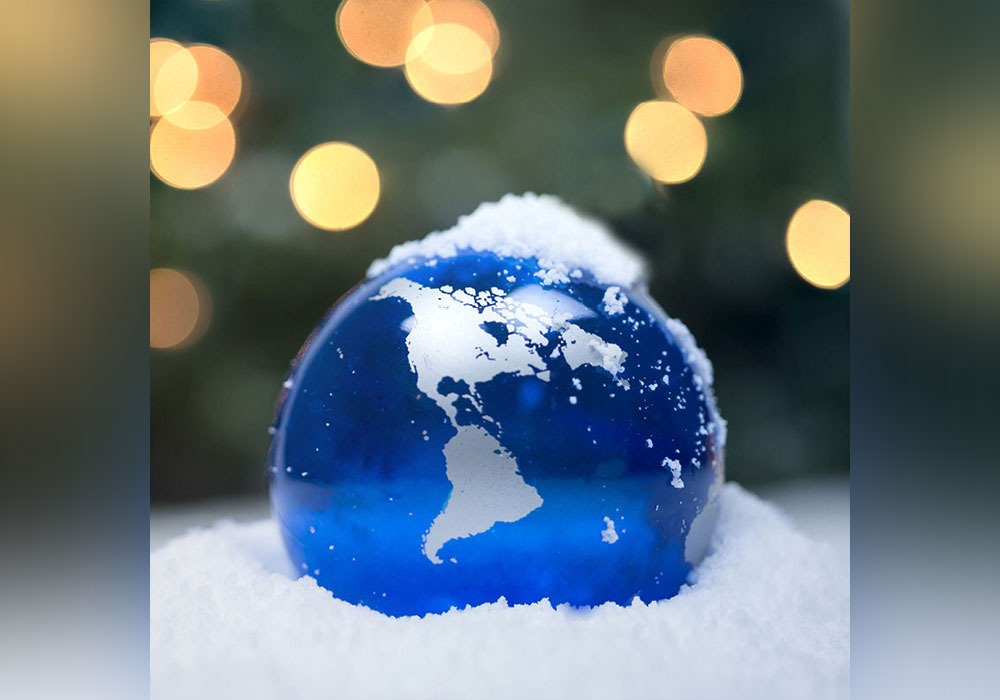“Alligator” vs. “Crocodile”: Do You Know The Difference?
While enjoying a dip in the ocean, there’s one thing you definitely don’t want to see: a shark fin in the water. The same thing can be said about a dip in a lake or pond—only the creature you want to avoid happens to be a massive reptile instead. But is the animal who glides along the swampy waters with just its eyes showing a …
